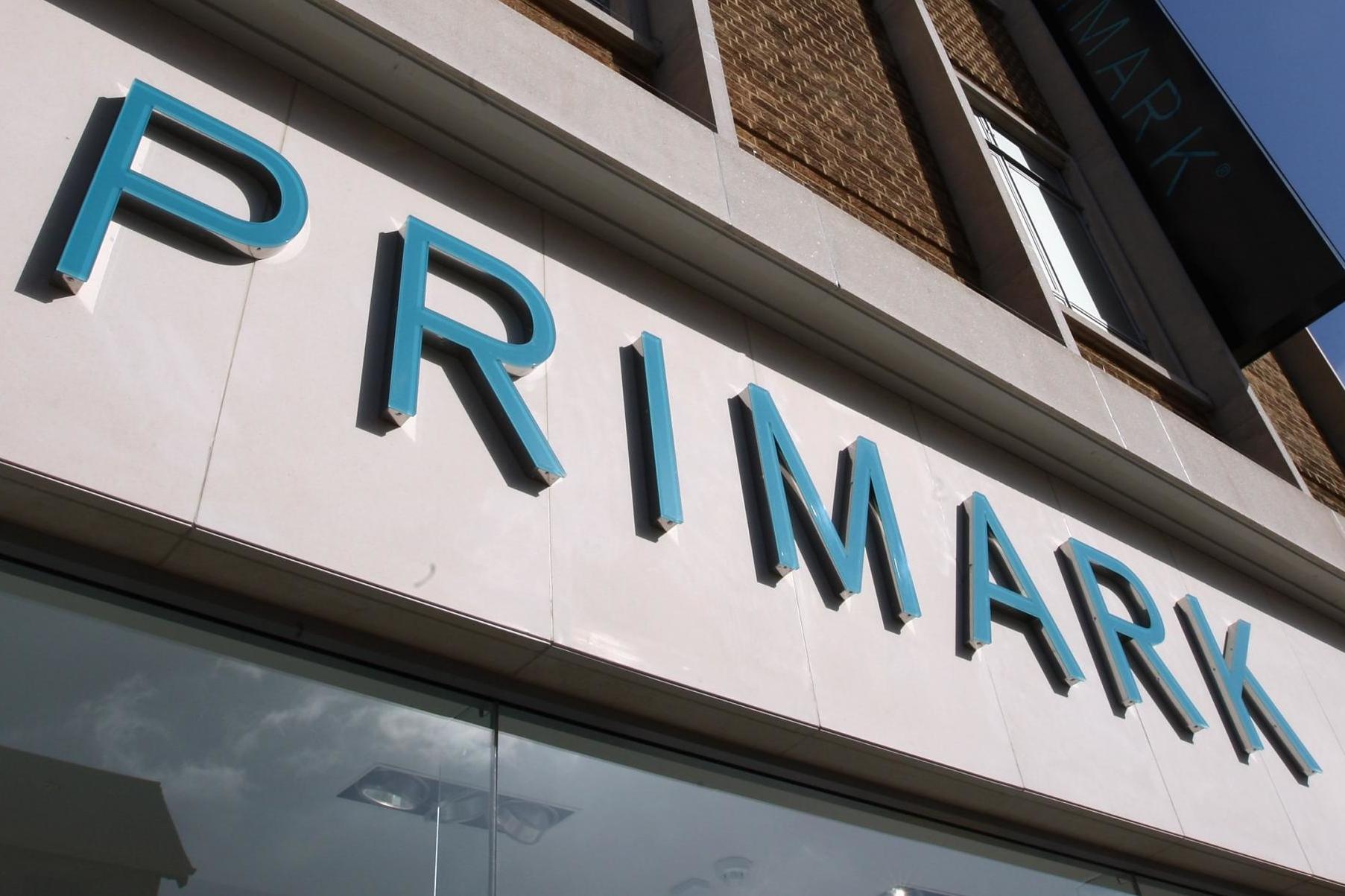Primark's own brand cosmetics now completely cruelty-free
The products have been awarded the coveted Leaping Bunny status by Cruelty Free International

Primark has announced that its own-brand beauty range is now completely cruelty free.
A step forward in its sustainability strategy, the brand’s skincare, makeup and haircare products have been awarded the coveted Leaping Bunny status by Cruelty Free International - an animal protection and advocacy group.
The most trusted cruelty-free certification for non-animal tested cosmetics, the Leaping Bunny is the internationally recognised gold standard certification programme that enables consumers to easily identify and buy products that are not tested on animals.
“Primark wants to let customers know that they can purchase their favourite PS... products with the guarantee that the entire range has been awarded the highest standard of cruelty free accreditation," the brand says in a statement.
As of today, the Leaping Bunny logo will be marked on all Primark own brand cosmetics meaning that customers can shop their favourite beauty essentials in the knowledge that they are free of animal testing.
Speaking of the accreditation, PETA director Elisa Allen has praised Primark for its decision to go cruelty free explaining that experiments on animals can never be justified.
"Pressure from consumers has massively reduced the number of animals used for testing by the cosmetics industry over the last 20 years," she tells The Independent.
"People are absolutely clear that they don't want cosmetics to be injected into guinea pigs to check for painful skin reactions, force-fed to pregnant rabbits to see whether their newborns will be deformed, or inhaled by rats for weeks or months, causing sickness, convulsions, weight loss, and death.
"And companies are listening: brands such as Primark are recognising that compassion goes hand in hand with profit and choosing to refuse to subject animals to painful and unnecessary tests."
But, just how do brands replace animal testing?
According to Cruelty Free International, putting a stop to animal testing doesn’t mean putting human patients at risk, instead the development of alternative methods is rapidly growing.
This can include a variety of methods including cell cultures. Here, scientists grow human and animal cells into 3D structures or create devices called “organs-on-chips” to use instead of animals to study biological and disease processes.
Alternatively, both healthy and diseased tissues can be donated from human volunteers while the growing sophistication of computers also allows scientists to replicate aspects of the human body.
Vegan Beauty Products
Show all 10So far, computer models of the heart, lungs, kidneys, skin, digestive and musculoskeletal systems already exist.
Michelle Thew, CEO of Cruelty Free International adds: "We are delighted to award the Leaping Bunny certification to the PS... cosmetic range.
"We want to congratulate Primark for demonstrating it's possible to bring high quality cosmetics products to the high street without inflicting suffering on animals.”
While Primark’s move to cruelty-free cosmetics marks an impressive shift in the brand’s approach to sustainability, it has come under fire for its labour practices following the Rana Plaza disaster in Bangladesh.
However, the high street brand assures customers that it has made significant changes to its practices since then.
Despite rumours that Primark uses sweatshops, it confirms that whilst it does not own factories it is very selective about who it works with.
“We only place orders with suppliers whose factories are committed to making our products in factories with good working conditions so that people are treated decently and paid a fair wage,” Primarks says on its website.
“We require every factory to sign up to the Primark Code of Conduct as a condition of doing business with us. The Code is based on standards set by the Ethical Trading Initiative (ETI), which are in turn based on those of the International Labour Organisation (ILO). The Code covers areas such as pay, employment policies and health and safety.”
Before Primark places its first order, it also says that a member of its Ethical Trade and Environmental Sustainability Team meets with the factory to carry out a formal audit of factory conditions. It also strictly prohibits the use of child, forced and trafficked labour.
Subscribe to Independent Premium to bookmark this article
Want to bookmark your favourite articles and stories to read or reference later? Start your Independent Premium subscription today.

Join our commenting forum
Join thought-provoking conversations, follow other Independent readers and see their replies